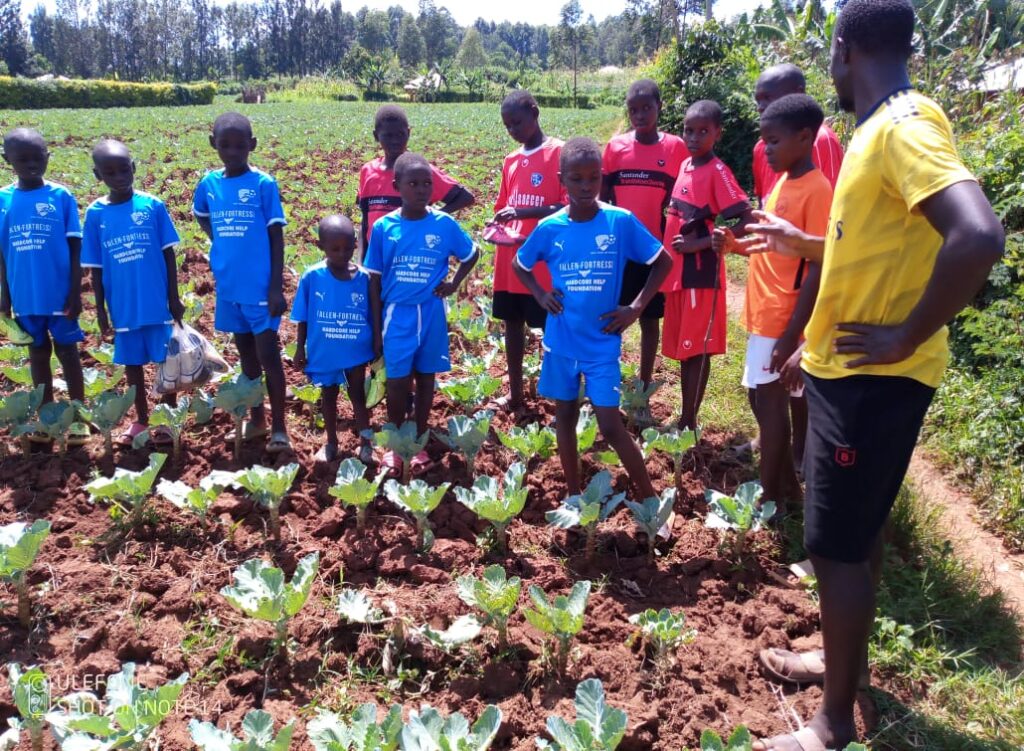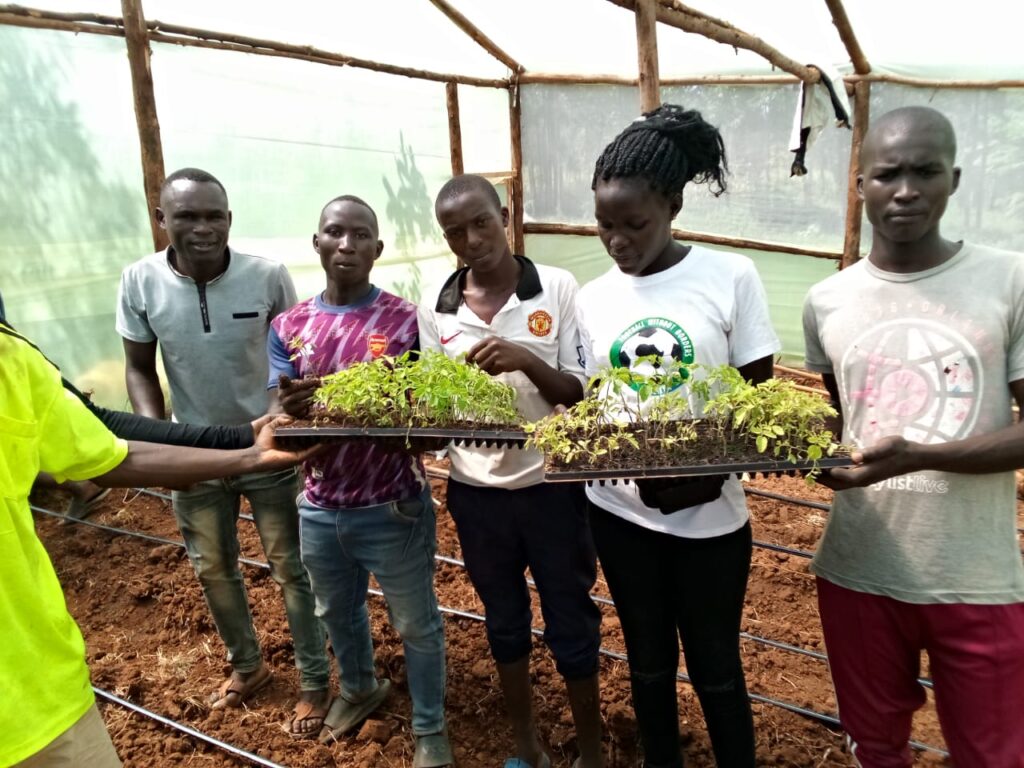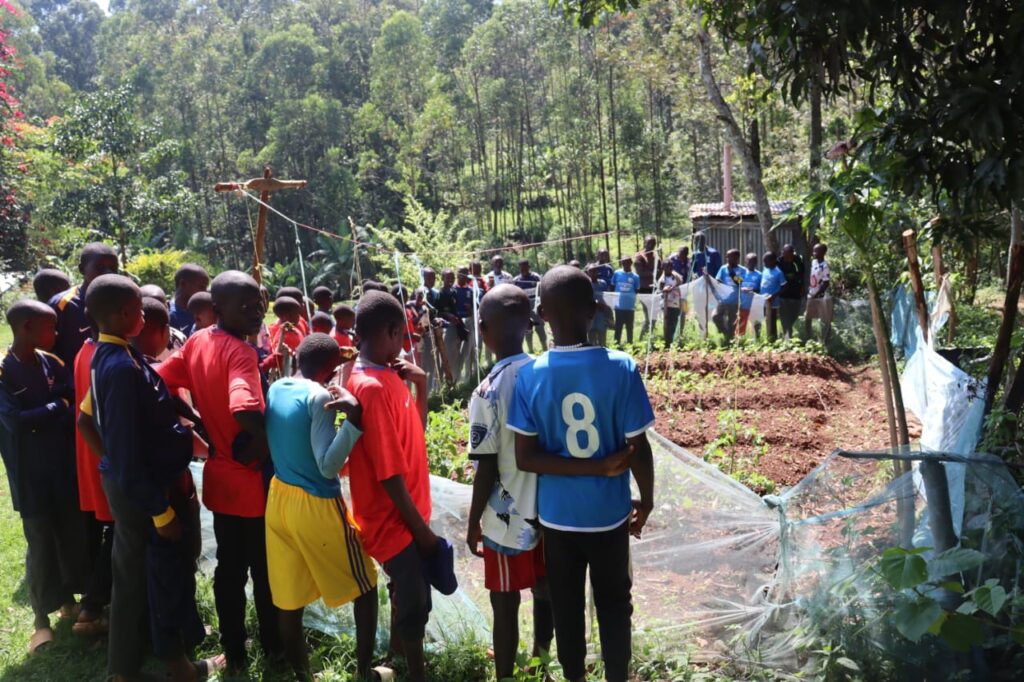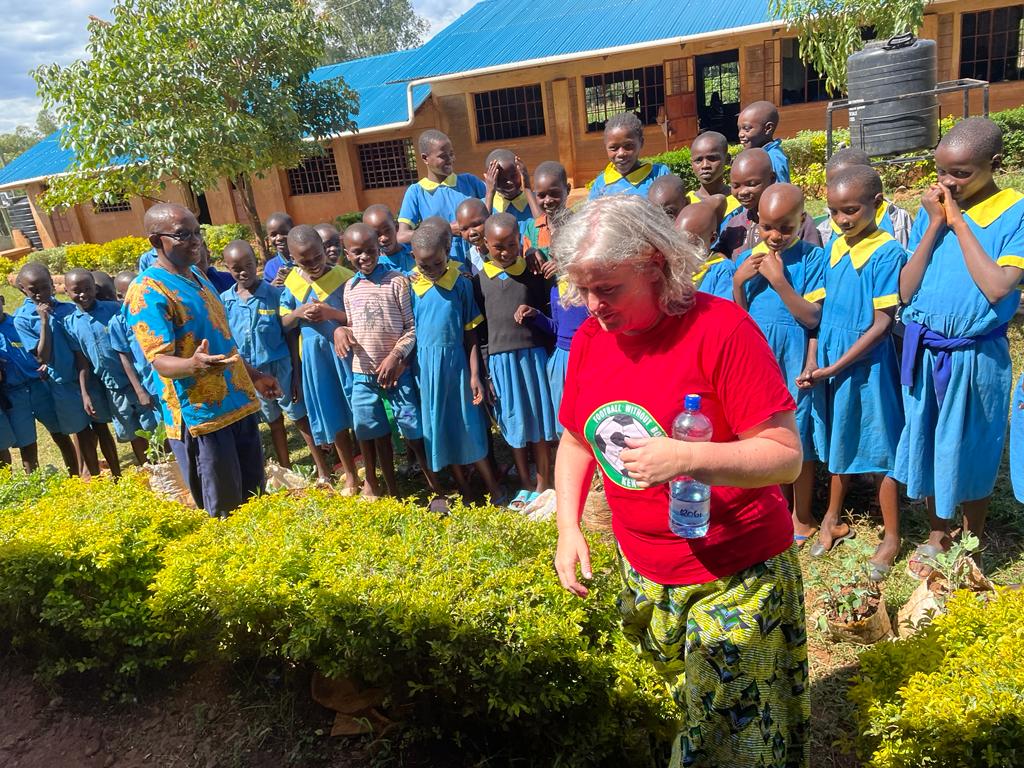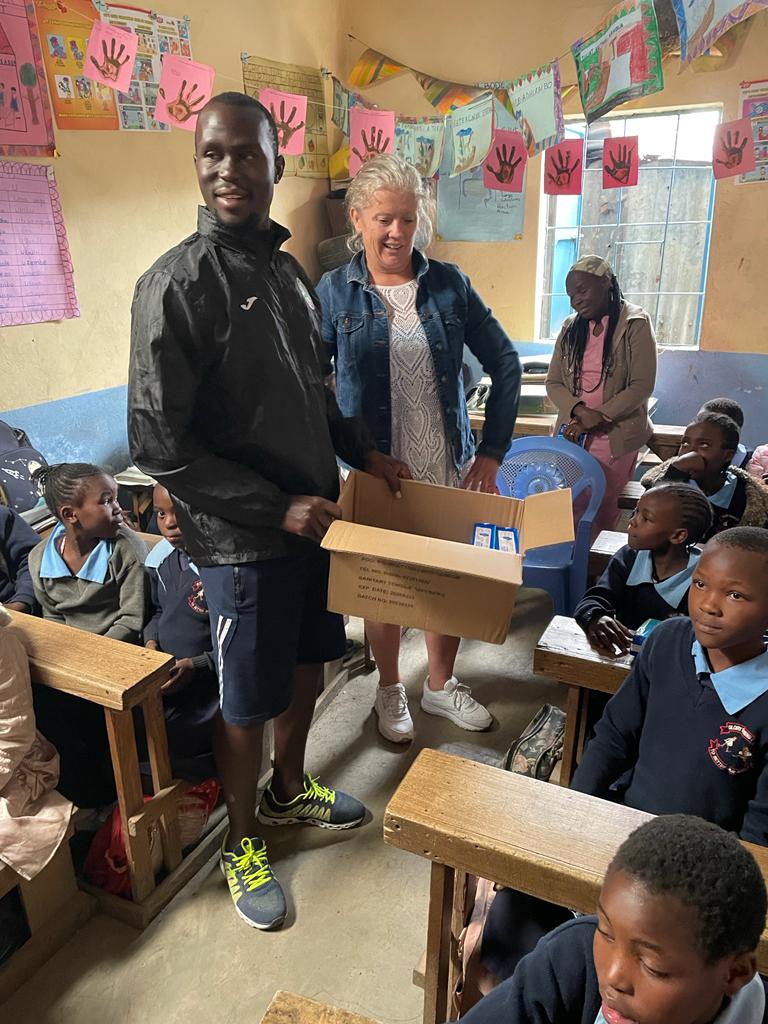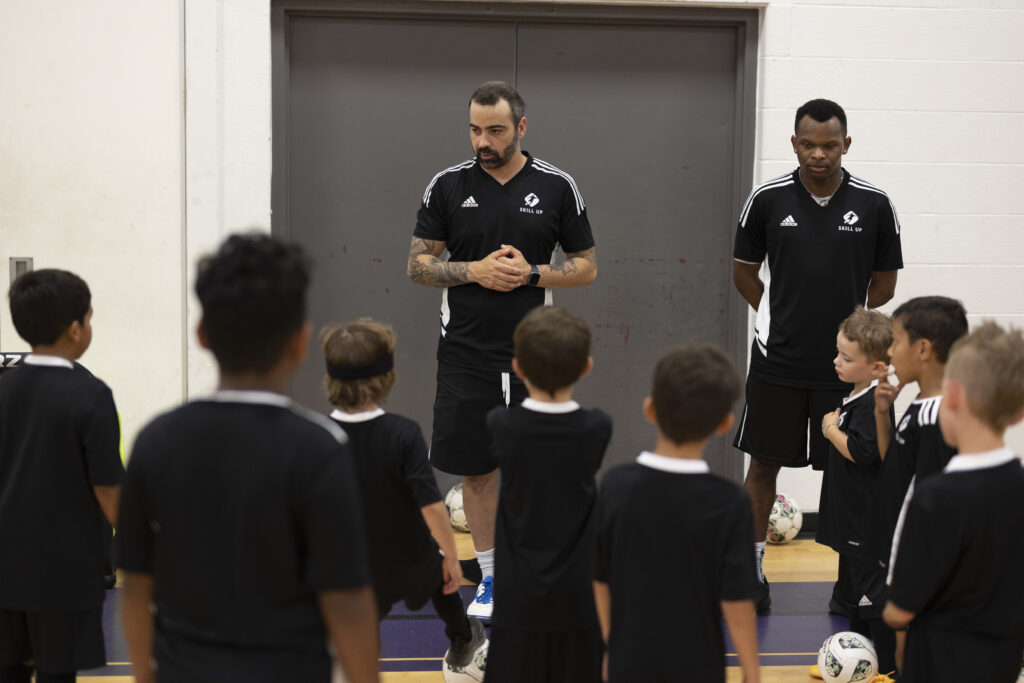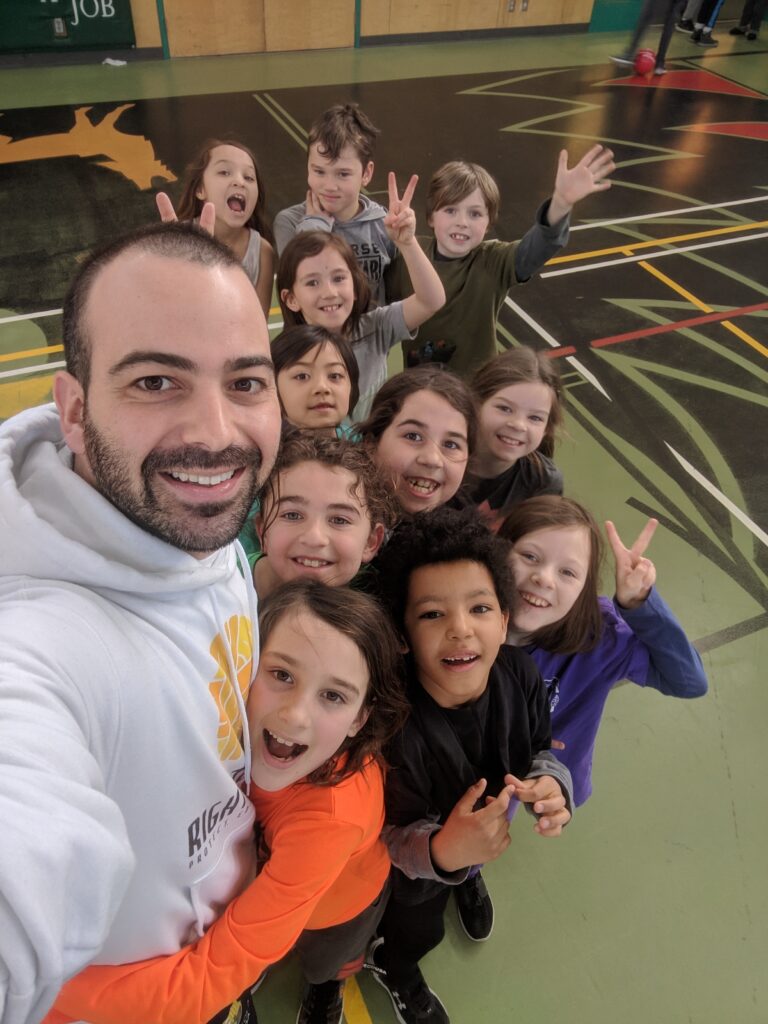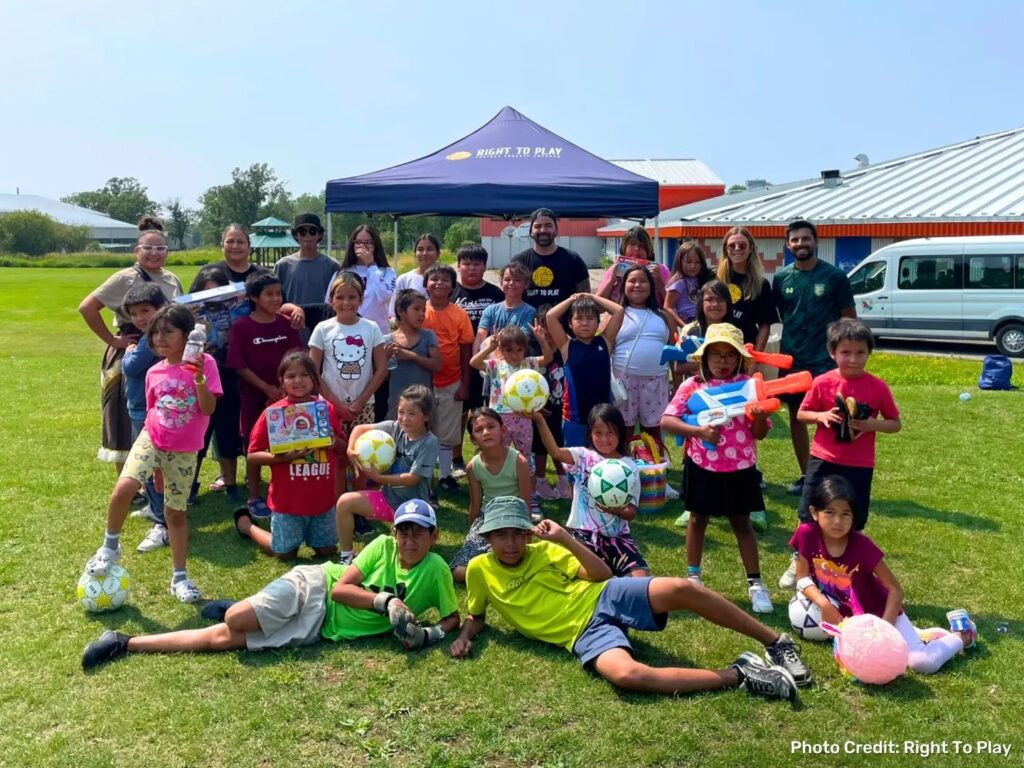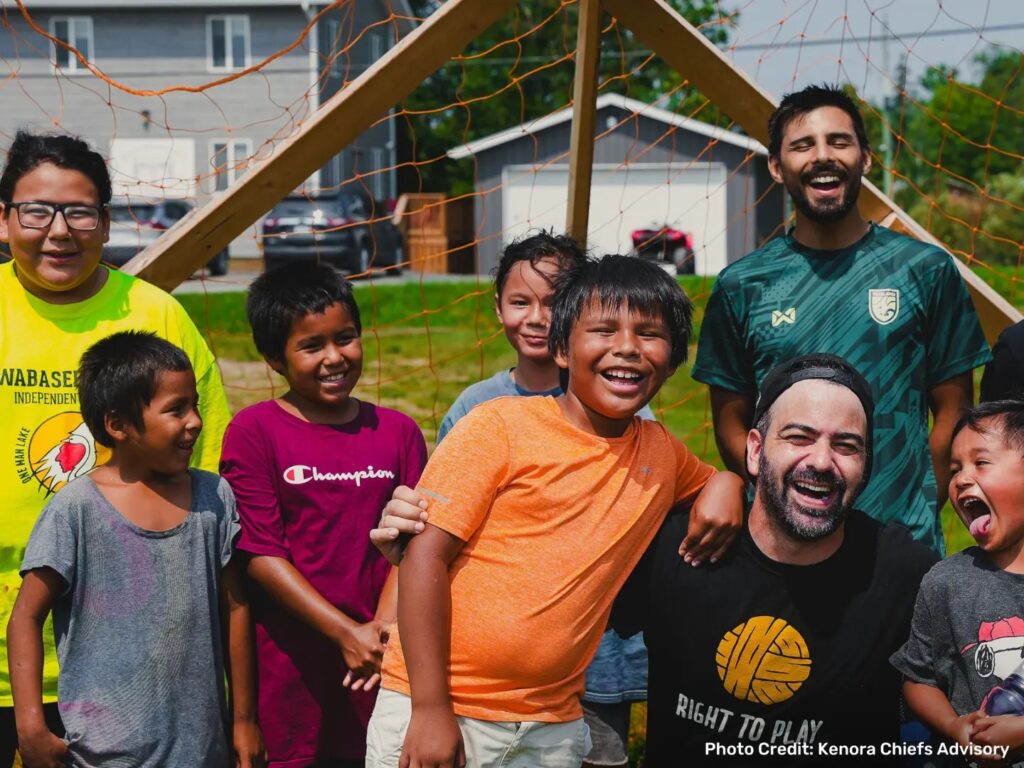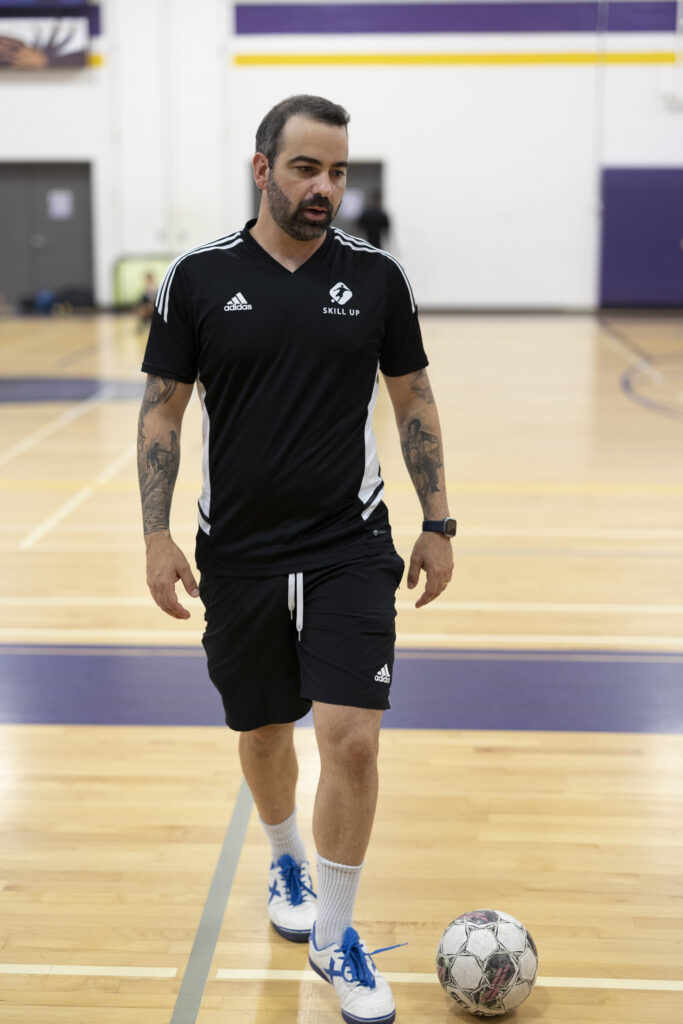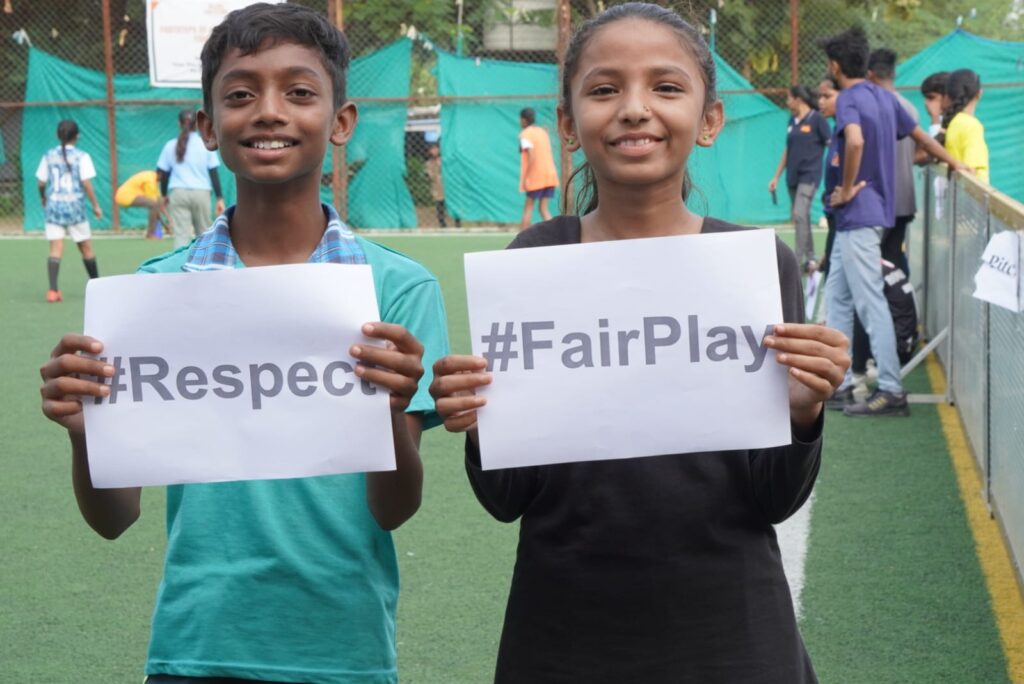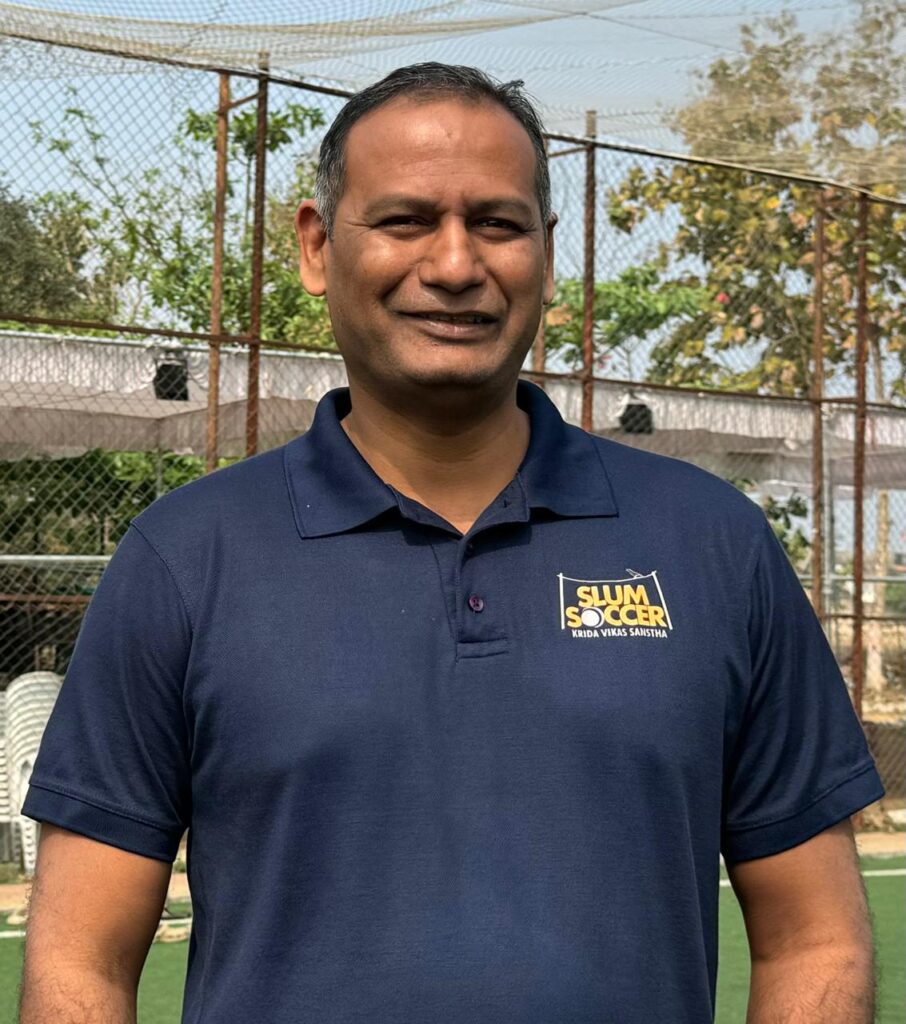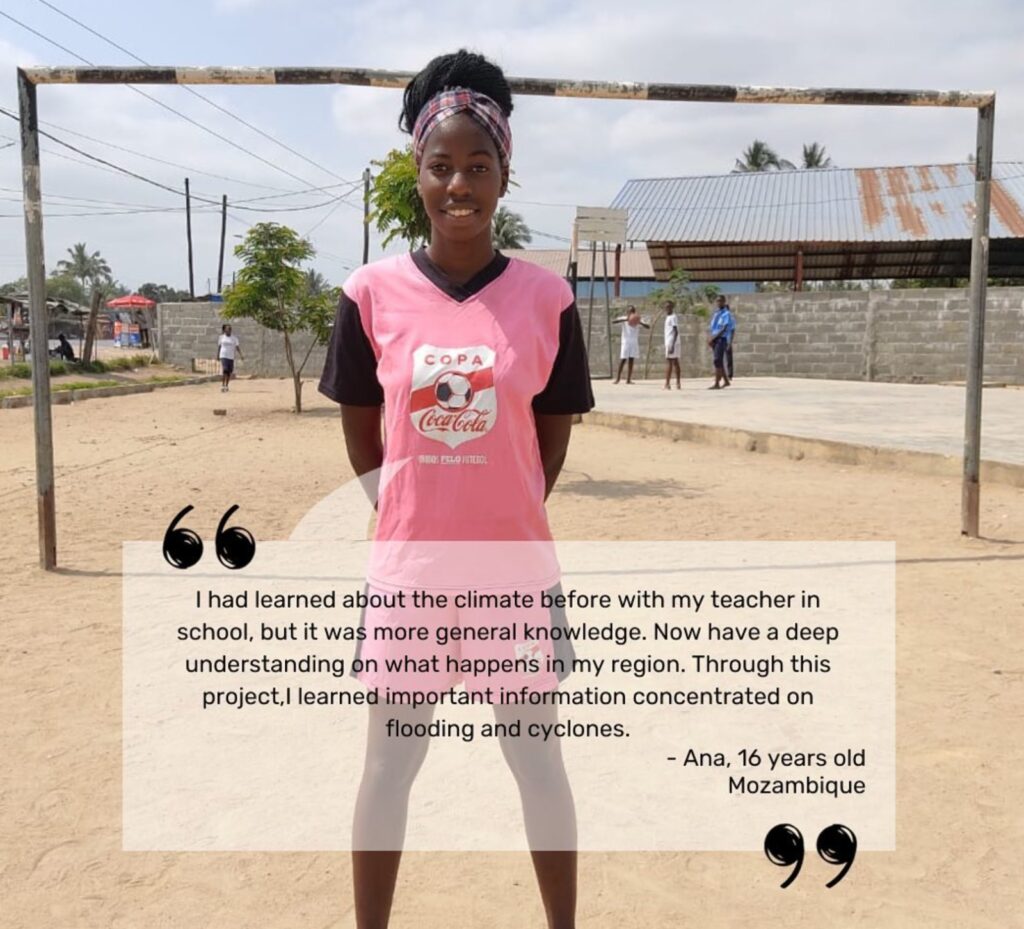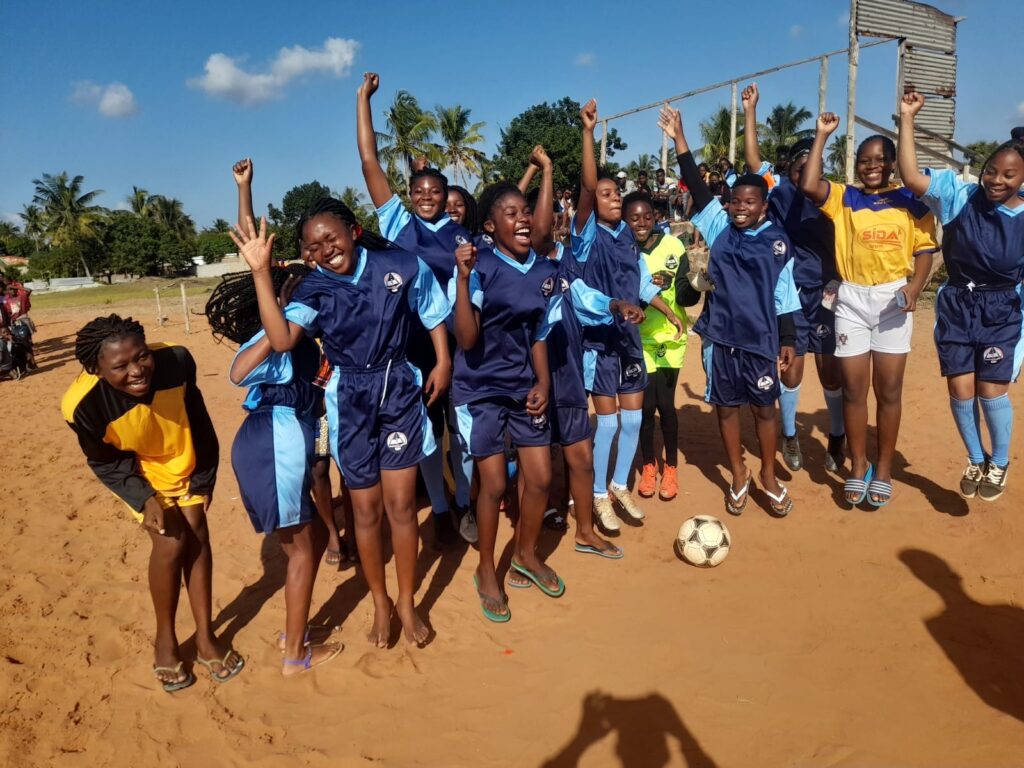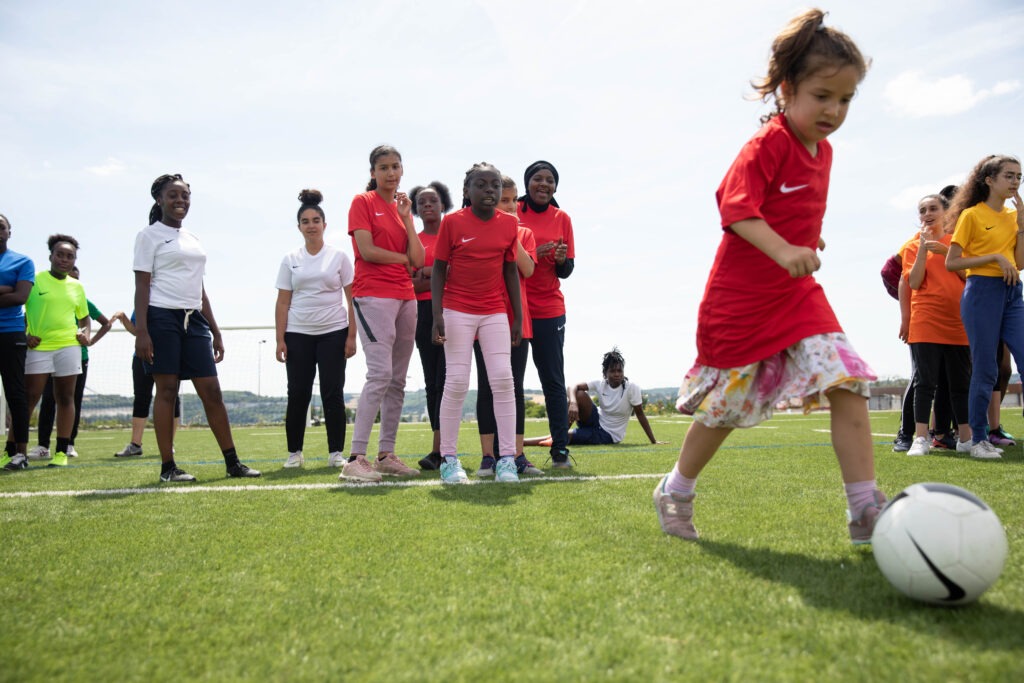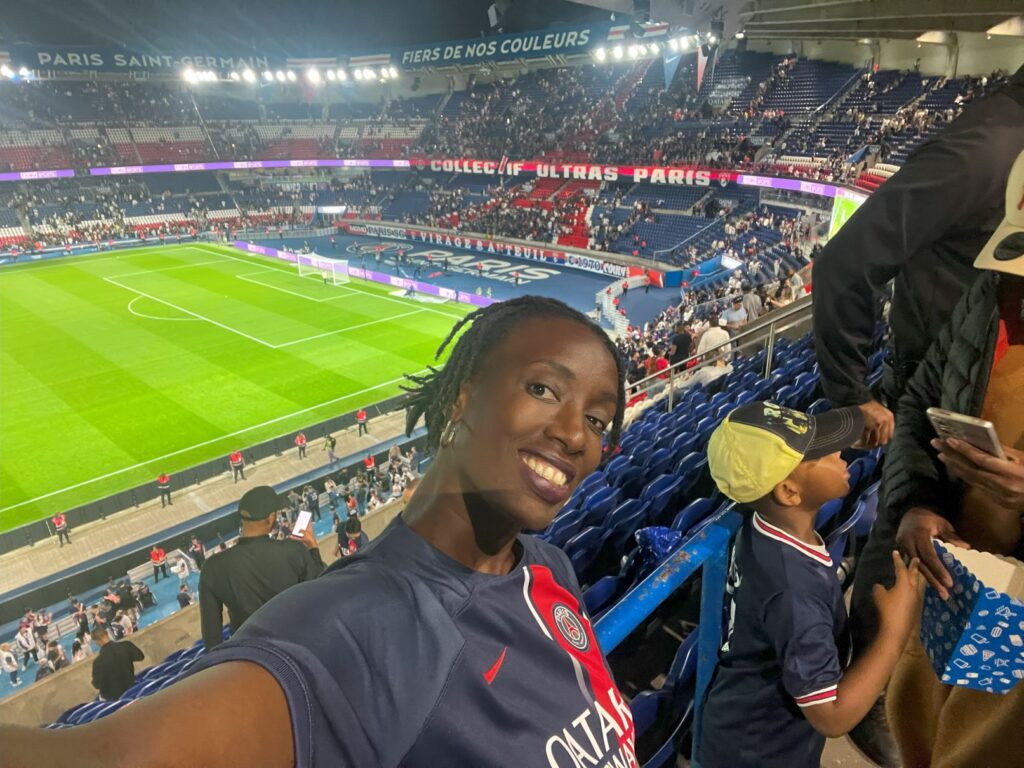Nestled in the eastern Caribbean, Saint Lucia emerges from the turquoise waters like an emerald jewel, its lush mountains rising steeply from the sea. Located between Martinique to the north and Saint Vincent to the south, this small but breathtaking island spans just 27 miles in length and 14 miles in width, yet its diverse topography makes it feel much larger. Towering volcanic peaks, rolling rainforest-covered hills, and sun-drenched golden and black sand beaches define the landscape, while the iconic Pitons, twin volcanic spires, stand sentinel over the island’s southwest coast. Whether arriving by air, with a descent over the verdant valleys of the interior, or by sea, where the coastline unfolds like a tropical dream, Saint Lucia instantly captivates with its natural beauty and rugged charm.
Here behind the glitzy fancy hotels that dot the sandy white coasts, lays an islands population that have a youth especially facing a host of social issues. Its here that we also find the Sacred Sports Foundation a pillar of the community with an incredible football heritage being founded by the late great Keith Alexander, a true pioneer who was as a player representing Saint Lucia and as a manager became one of the few black managers to break through in English Football. Sacred Sports Foundation Inc (SSF) was established in 2008 by the Alexander, his sister Nova and brother Delroy. Nova, the Executive Director joins us today on Bonito to chat about this wonderful organization that is fulfilling Keith’s legacy and touching countless lives on the island.
Bonito: Hi Nova, its such an honor to chat with you today. I would guess many of our readers might just thing of the beautiful geography when they hear the name Saint Lucia but like many Caribbean Islands, once you get away from that image, there are many social issues affecting especially the youth- can you explain that a bit further.
Nova: First of all thank you so much for welcoming me on this platform and for focusing some attention on the football for good world in the Caribbean. Saint Lucia, like many ‘tourism driven Caribbean Islands’ has become a forgotten child; behind the polished travel images and tourism advertisements lie local communities facing severe hardships, grappling with challenges like those in other underdeveloped regions. (Drugs, Crime, Teen Pregnancies, Poor School Attendance), not to mention rising prices for imported food and fuel due to economic and social welfare challenges post covid. Youth employment has become one of the most pressing issues. And now, with international aid being withdrawn from all corners of the world, it is hard to put into words or see what the future will look like for our young people.
Bonito: Having spent a lot of time in the Caribbean during my youth, I’ve always been amazed at how the imagery from the islands in commercials and advertisements often unfortunately takes away from the awareness of the difficulties of the local populations. Another surprise to me was the passion and love for football in many Caribbean Countries. Tell us a bit about the football culture in St. Lucia?
Nova: Cricket still holds an important place in Caribbean culture, yet football has experienced remarkable growth and is increasingly seen as eclipsing cricket when it comes to fan base and media exposure across the region. Saint Lucia has been a member of FIFA since 1988 and a member of CONCACAF since 1986. The team has never qualified for the FIFA World Cup or the CONCACAF Gold Cup. As a woman, I have always been a passionate advocate for gender equality thus It remains a priority for me to be a vital change agent in sports and social development. Given the funds available to local FA’s, more effort must be made in the development of football for girls and women in the Caribbean.
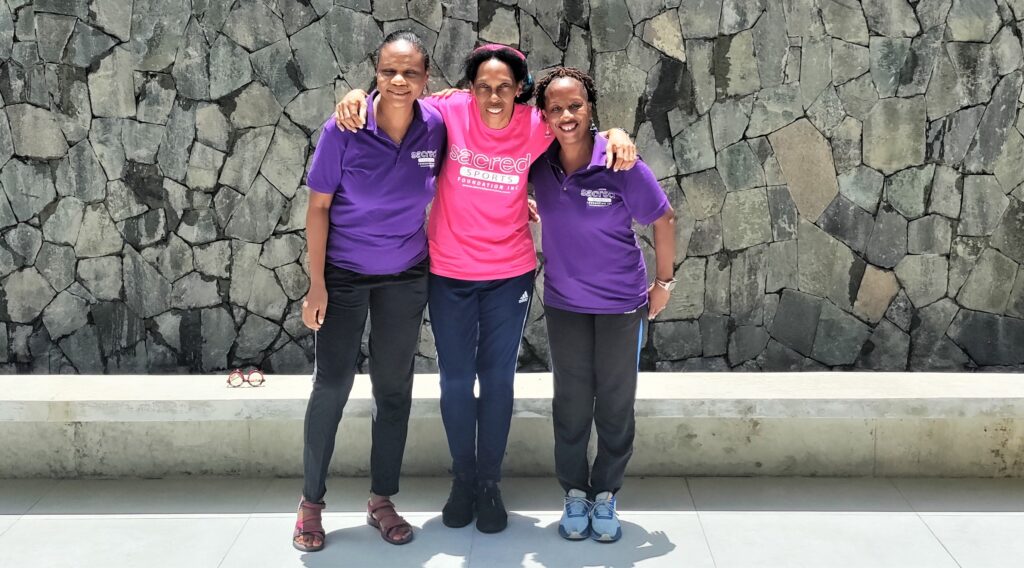
Bonito: Tell us about the Sacred Sports Foundation- what projects do you run and how do you use football as a tool for positive development?
Nova: Sacred Sports Foundation Inc (SSF) has its roots firmly in football and adapted sport for all. We are recognized as a leader in youth and sport for development programs and one of the few registered, independent, non-denominational, nonpolitical, social and sports for development charities in the Caribbean.
The Foundation’s core mission is straightforward: to encourage healthier, more sustainable lifestyles and support social and developmental progress in the Caribbean by using physical activity and sport as the primary means to engage youth.
We work in communities, to reach the most underserved and those with lower incomes, using physical activity, sport and associated life lessons as the primary tools to enhance a range of development activities. Our programs are typically conducted in safe spaces at or around such facilities as schools or a community field. Our beneficiaries include children with and without disabilities, their families, local stakeholders, mentors, coaches, unemployed youth, sporting associations, and educational institutions. SSF collaborates with a diverse range of partners, such as humanitarian organizations, global brands, and influential public figures. We cultivate a strong culture of diversity and inclusion in both our actions and outcomes , whilst consistently emphasizing gender sensitivity, promoting greater awareness and understanding of diverse sexualities and cultures. This approach confronts discrimination and fosters a climate of acceptance.
Under the banner ‘Sacred Futures’ SSF also focuses on specific training for unemployed young people typically between ages 18-29. We offer training certification programs to help youth become proficient at organizing and running sport & PE sessions, with both theoretical and practical elements of leadership, coaching and mentoring. The aim of this qualification is to provide learners with the basic knowledge and skills required to assist with planning, preparing, and delivering safe and effective activity sessions for school-age participants in communities and schools.
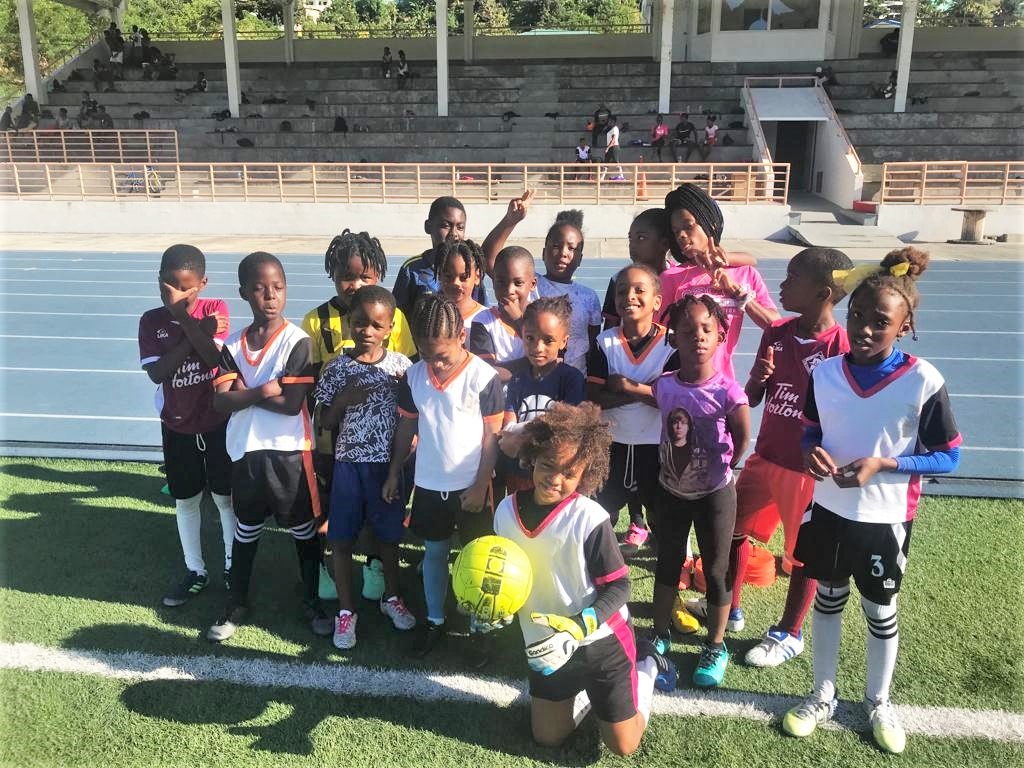
Bonito: Its such amazing and important work you do. Do you see football as a common interest in the Caribbean countries? Is there much work with other countries in the area to promote projects using football as a tool for good?
Nova: Yes, football is quite popular in the Caribbean. Several nations, such as Jamaica, Trinidad and Tobago, Haiti, and Cuba, have strong soccer traditions, with national teams participating in regional competitions and even qualifying for World Cup events in the past. Its widespread appeal is also fueled by international soccer leagues, particularly the EPL, which has a large following in the region. Numerous England international players have Saint Lucian heritage, such as Les Ferdinand and Jermain Defoe.
SSF is a member of networks such as Caribbean Policy Development Centre and Caribbean Sports Development Agency, allowing us to work alongside various NGOs using football as a tool for good, such as the Jason Roberts Foundation in Grenada, and community-based organizations in Tobago, Barbados, and St. Kitts and Nevis. We have conducted such initiatives as child safeguarding practices, ability-over-disability coach training, and a Girls2Women mentorship programs. However, such opportunities are inconsistent and still limited due to funding challenges.
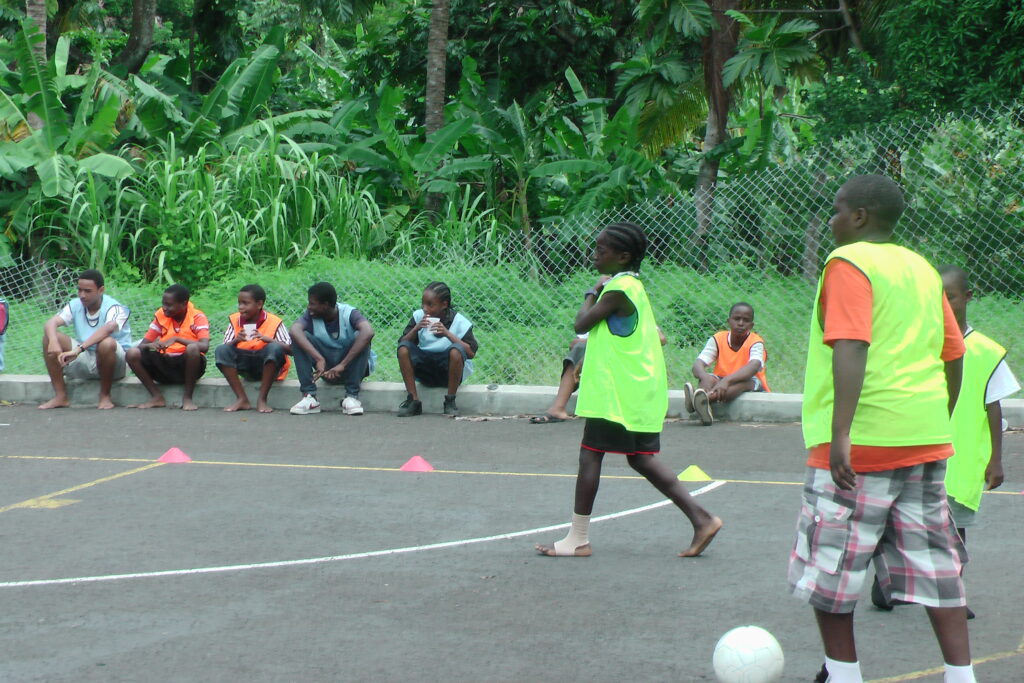
Bonito: Reflecting on your journey in football (or sport) for social good, is there a particular moment or experience that profoundly touched you and reinforced your commitment to this work?
Nova: Undoubtedly, the loss of my beloved brother Keith had a deep effect on my journey, fueling an intense drive to create a legacy in his honor. He always had the resilience to endure and excel through challenges. He built teams on limited resources, selling players to stay afloat while finding new talent to thrive. He earned a reputation as a brilliant manager who changed the fortunes of multiple football clubs and renowned players. As one of the few Black managers in the game, he became disillusioned by the lack of opportunities to play or manage in the Premier League, yet this never deterred him from his mission. He was a trailblazer whose talent spoke volumes, a steadfast advocate for equality in the sport, and, above all, a role model for aspiring coaches and managers, regardless of their racial background. He deserves to be remembered, and that is why we must continue his legacy
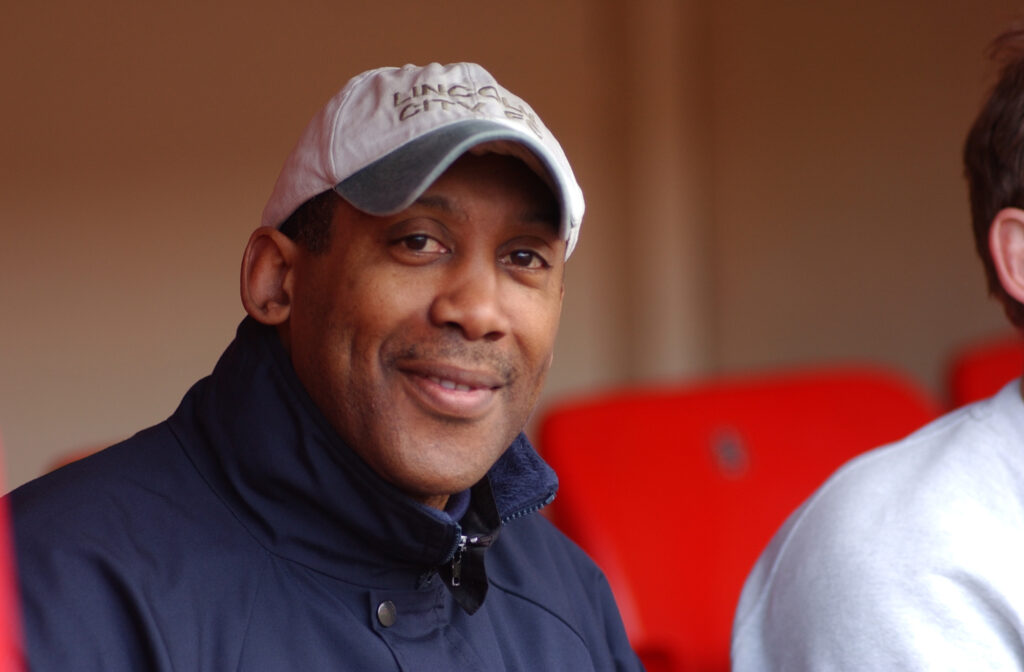
Bonito: Keith is such a role model. Can you tell us a bit more about him, his legacy as a football coach and why he founded the Foundation in 2008?
Nova: My parents went to England in the 1950’s-the Windrush Generation. Born in Nottingham, my brother Keith Alexander died March 2010, age 53. He was the first black English league football manager and one of the highest black qualified (UEFA PRO LICENCE) football coaches in the world at the time. The England team wore black armbands when they played against Egypt in his honor.
Keith wore leg braces and stuttered as a child. At the tender age of 18, he suffered three leg breaks in quick succession. The devastating impact saw team after team reject him, suggesting that he’d never have the strength to survive in the professional ranks. He saw players he played with; the likes of Pedro Richards, Viv Anderson and Gary Birtles, make big impressions. He had to pick himself up and get on with it, so he trained to be a joiner and travelled around Europe working on sites. Hence, his late entry into the professional ranks – remolded as a center forward with size, pace and an eye for goal. Football was the career he was always meant to have. In 2003 he suffered two brain aneurysms. His heart stopped twice. Surgeons took away part of his brain stem. 3 months later he took Lincoln City FC to the play off finals with Bournemouth at Cardiff Millennium Stadium.
Keith was deeply committed to coaching and had a well-defined plan in place. He coached and mentored youth teams, playing a pivotal role in shaping future stars such as Darren Huckerby and Mike Pollitt. Each year, he travelled to Saint Lucia to spend time with his parents, viewing the island not just as his home and eventual retirement destination, but as a place with untapped potential. He envisioned a way to replicate his success from England there, believing there was a broader opportunity to make an impact.
I am Nova Alexander, Keith’s sister. Following his death, myself and other brother Delroy Alexander , moved to Saint Lucia to continue building on his legacy. SSF continues to grow from strength to strength.
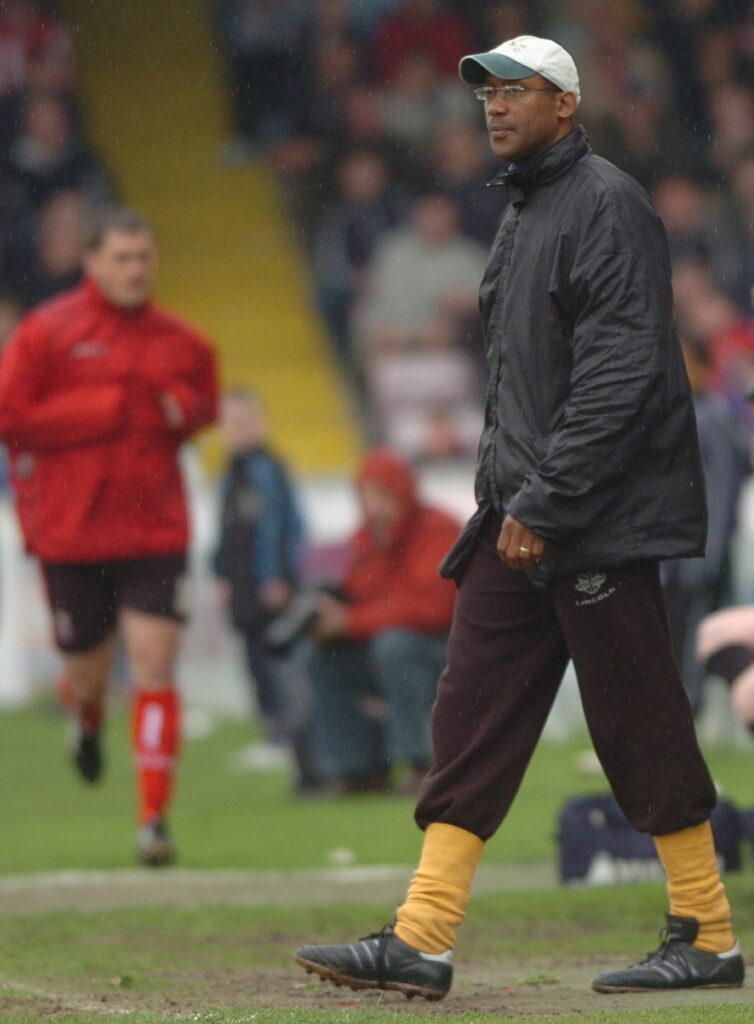
Bonito: You are doing a wonderful job continuing his legacy.
Bonito: Is there a athlete from Saint Lucia who in particular is a wonderful ambassador for your country and in using the power of sport for social good?
Nova: Saint Lucian, Julien Alfred struck gold in the 2024 Olympics -women’s 100m, making history with Saint Lucia’s first-ever Olympic medal. The Julien Alfred Foundation, launched in April 2024, aims to empower youth in Saint Lucia through education, sports, and community development initiatives, with Julien Alfred herself serving as a global tourism ambassador for Saint Lucia.
Saint Lucian, Daren Sammy is a Saint Lucian cricketer who played international cricket for the West Indies. He is currently serving as the head coach of the West Indies cricket team in limited overs cricket and has a foundation in his name designed to support and empower aspiring athletes by providing them with the necessary resources to excel academically and athletically. He’s done so much to raise the profile of Saint Lucia and develop up and coming cricketers.
Bonito: Nova, I cant thank you enough for taking us on this journey through Saint Lucia, the life of your brother Keith and the work you are doing with Sacred Sports Foundation. Bonito thanks you from the bottom of our hearts and we hope we can also support your mission in Saint Lucia!
Nova: Thank you so much to Bonito- its great to have platforms like this to highlight football for good and its great to see some focus on the Caribbean.
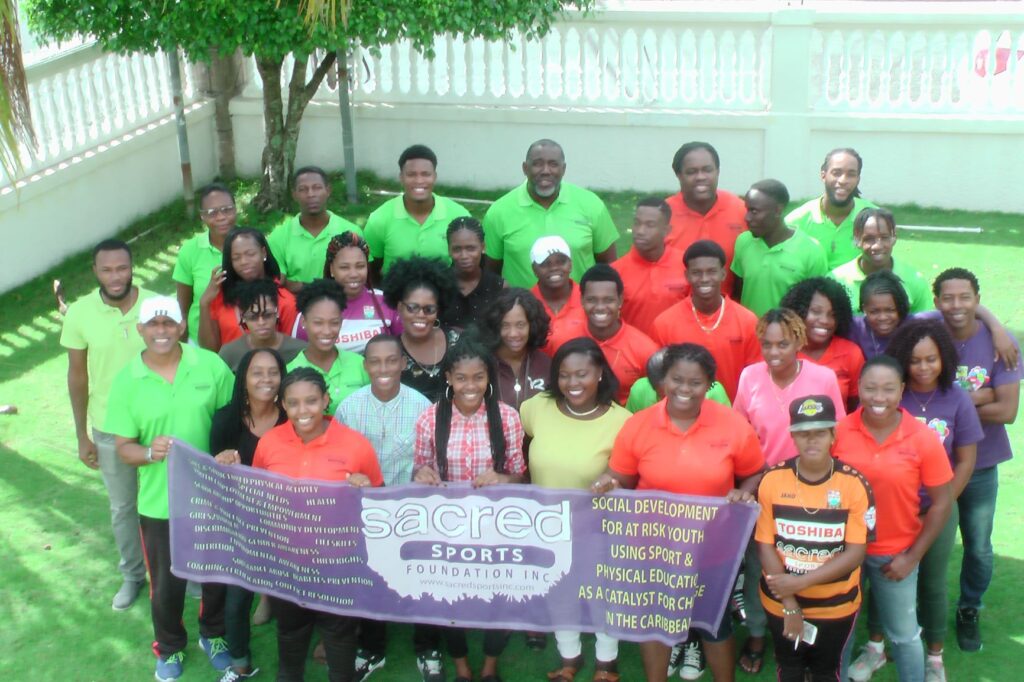
BIO
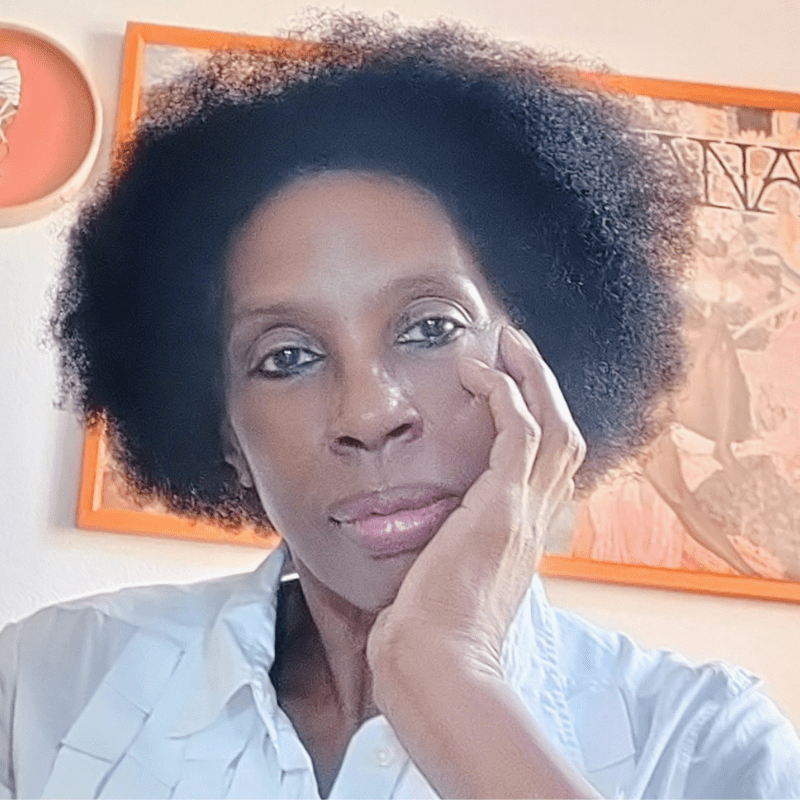
Name: Nova Alexander
Organization: Sacred Sports Foundation Inc. Saint Lucia
Role: Co-Founder/ Exec Dir
Favorite Football Club: Nottingham Forest FC & Spain women’s national football team
Dream sport for good organization that you would love to collaborate with on a project: Over the years, Sacred Sports Foundation has collaborated with FIFA Foundation Community Program and the UEFA Foundation for Children. Next on our list would be the opportunity to team up with the likes of: The charitable arm of the English Football League, MLS Unites or the US Soccer Foundation. We are keen to partner with any organization or educational institution who can assist with capacity building / technical training for our unemployed youth mentors and program beneficiaries.








